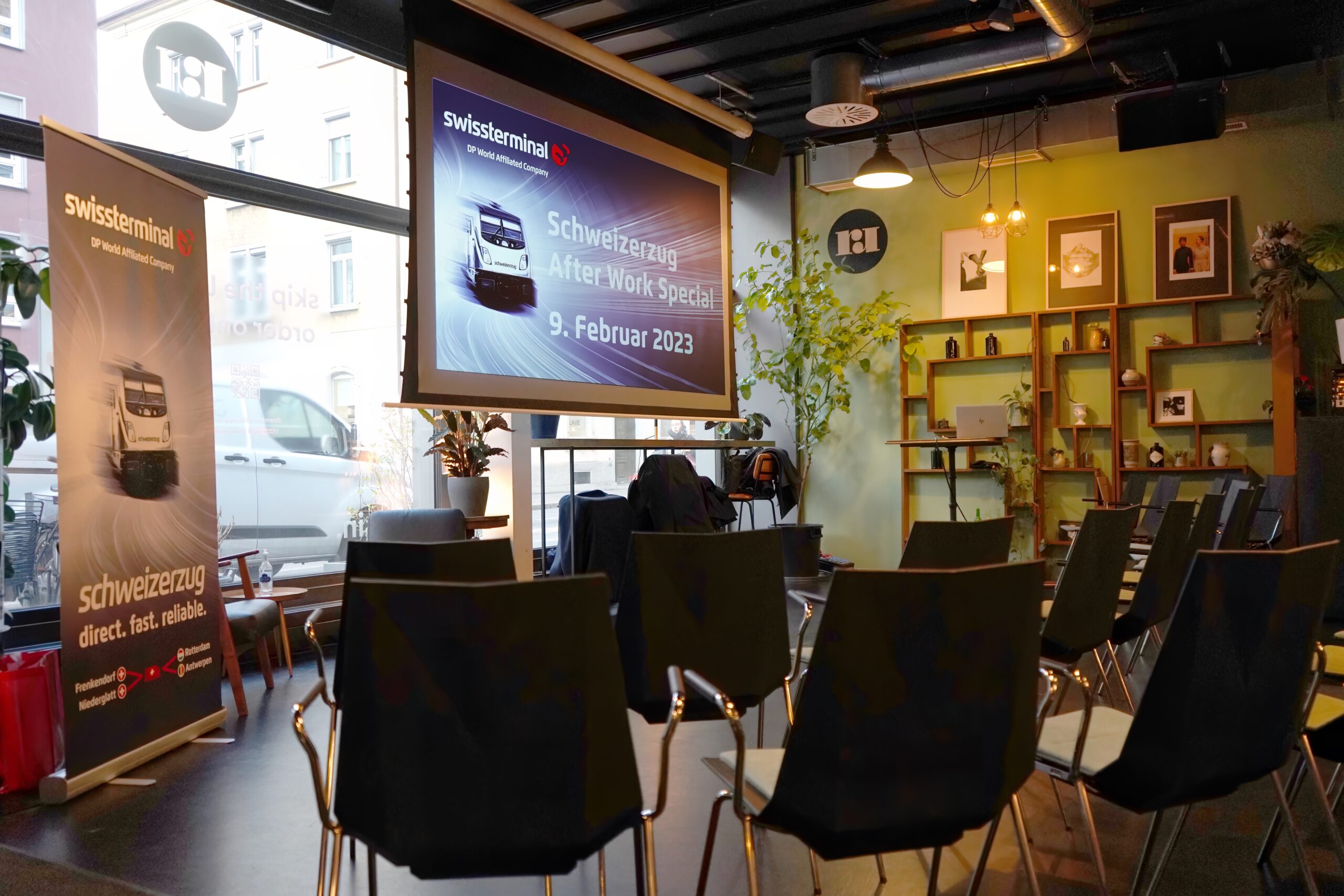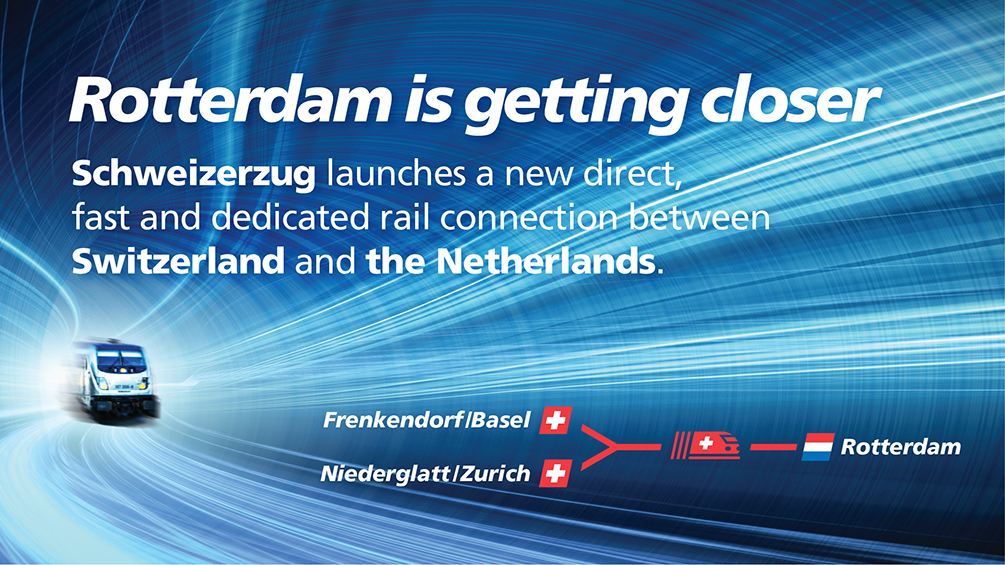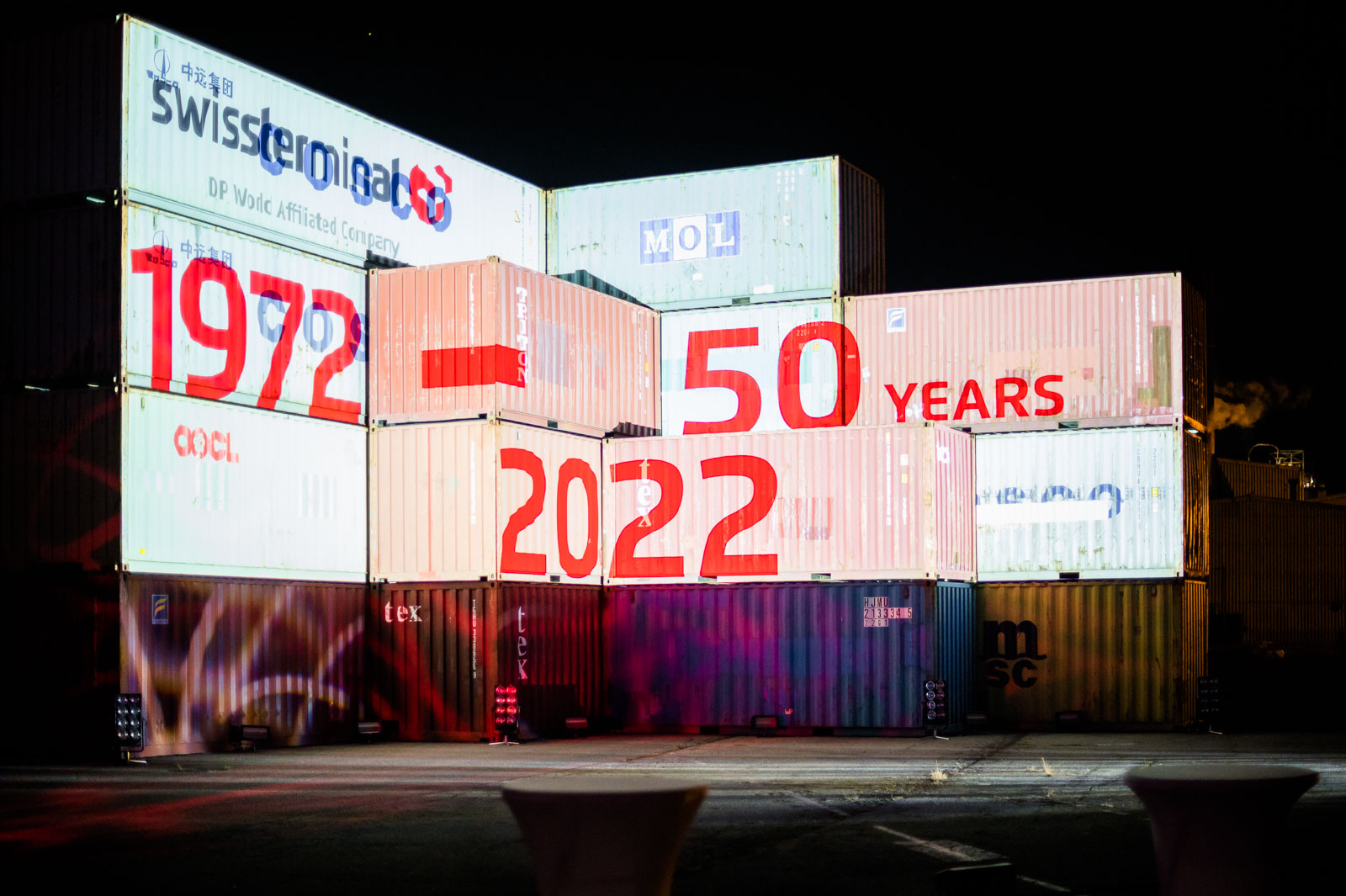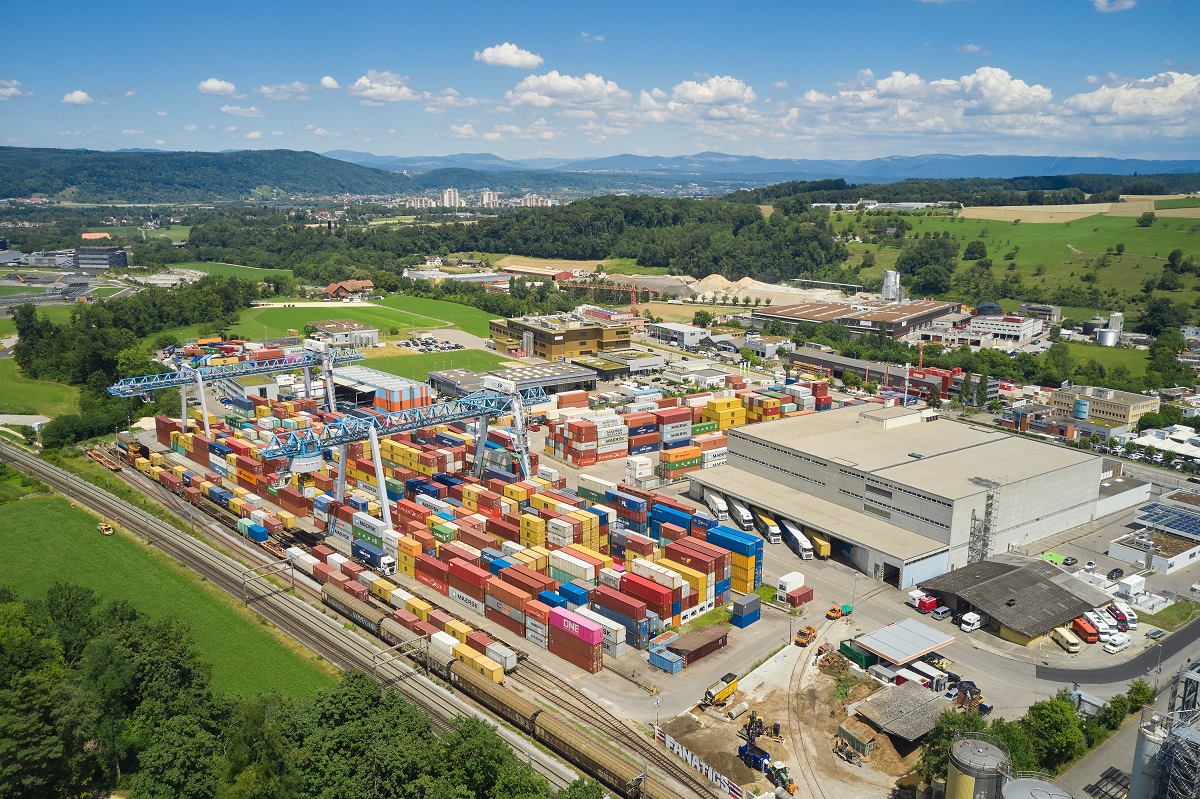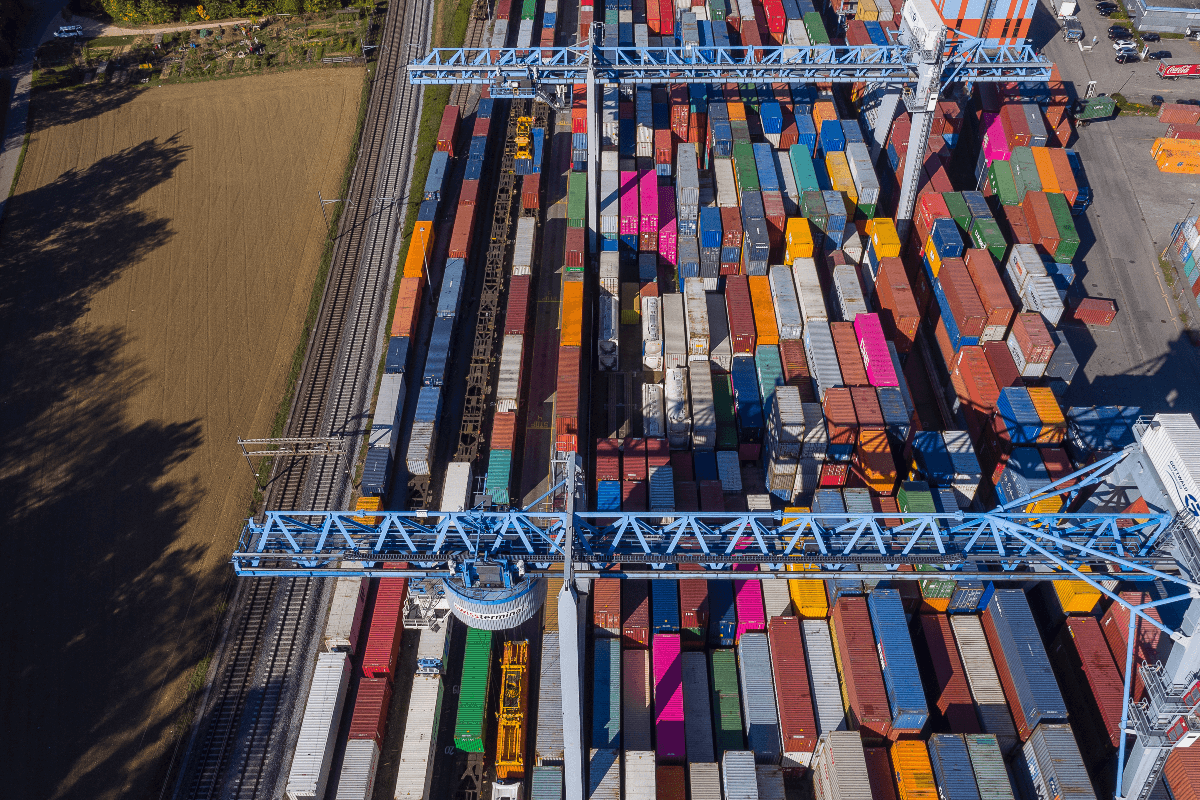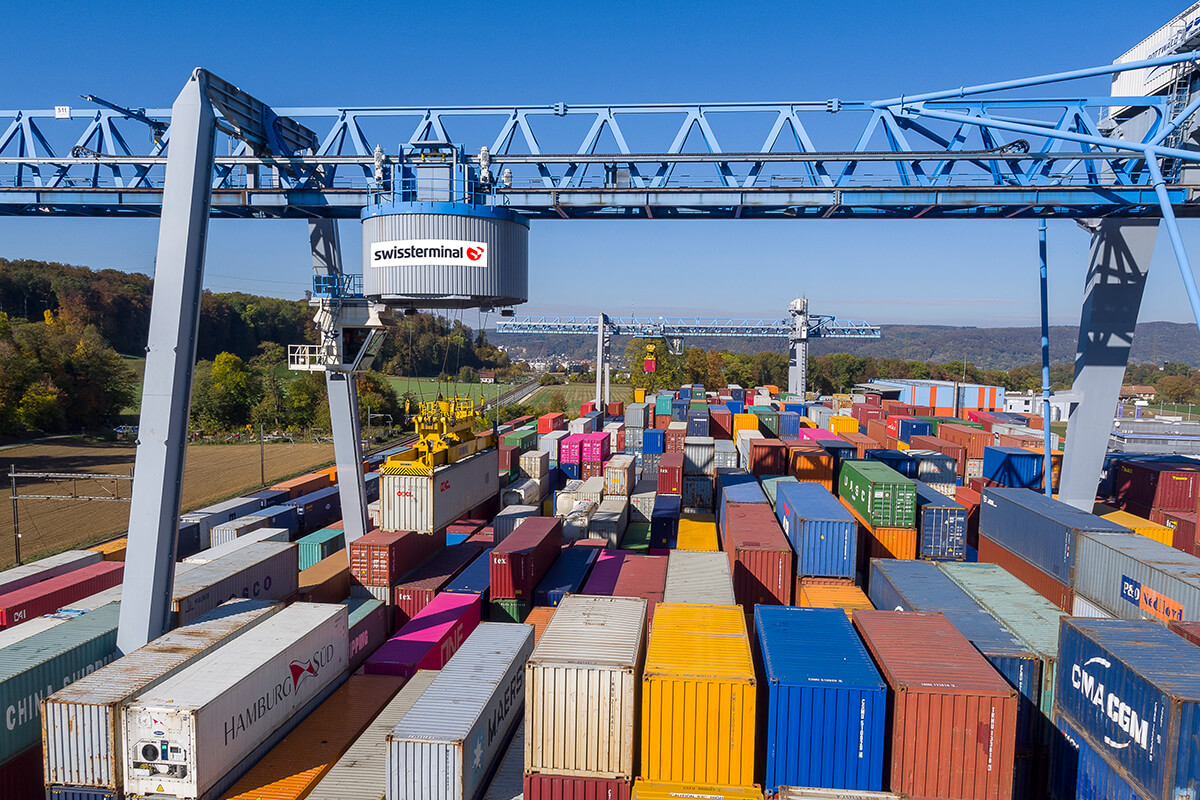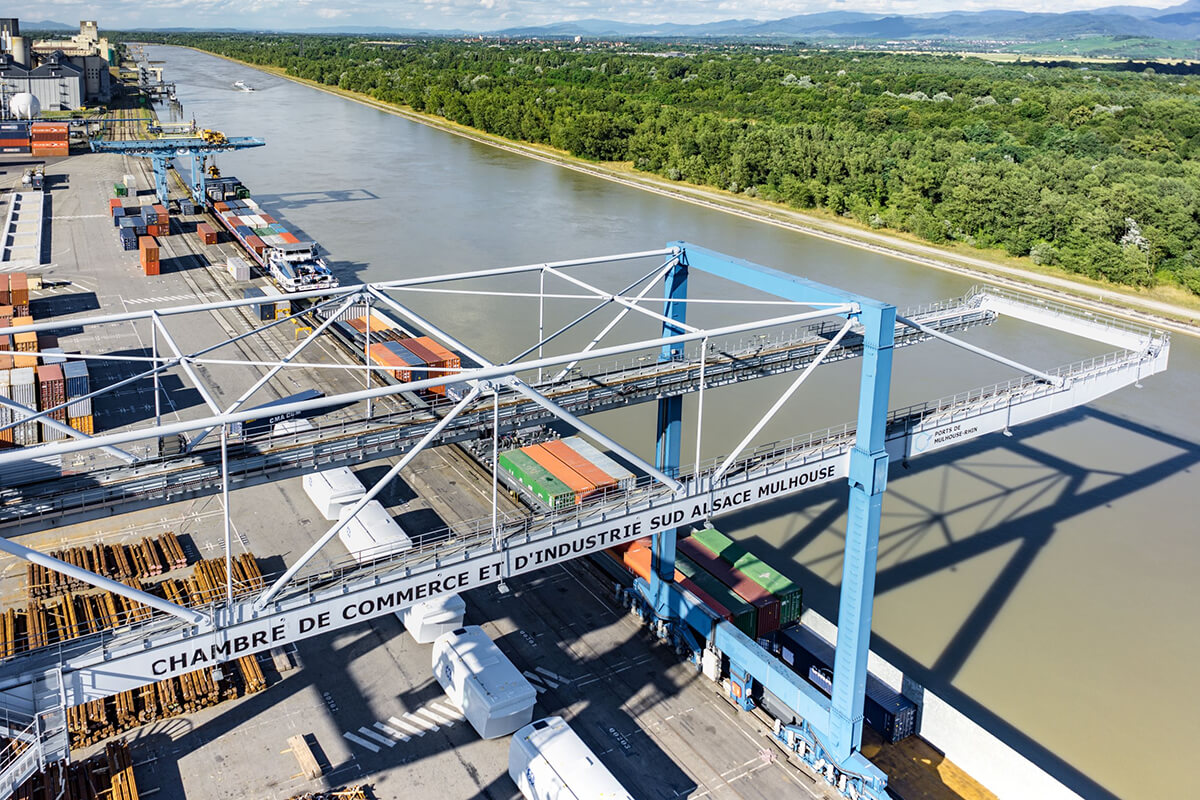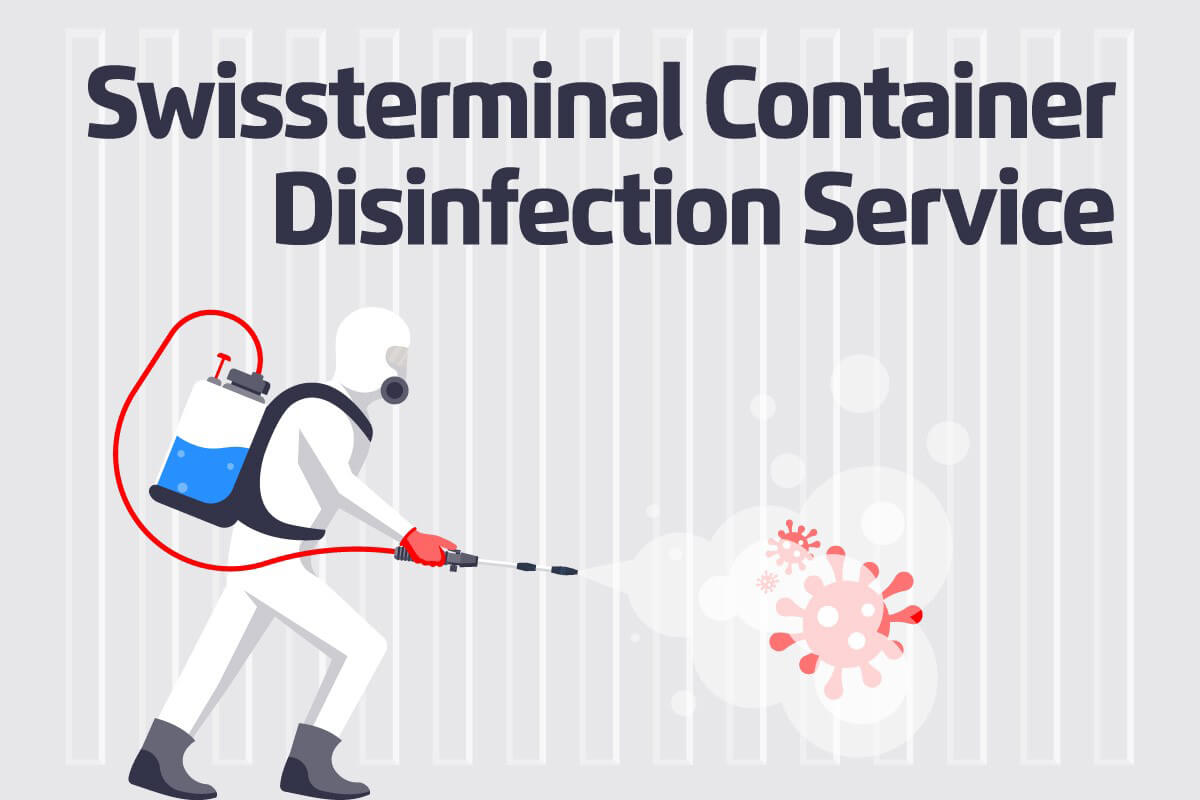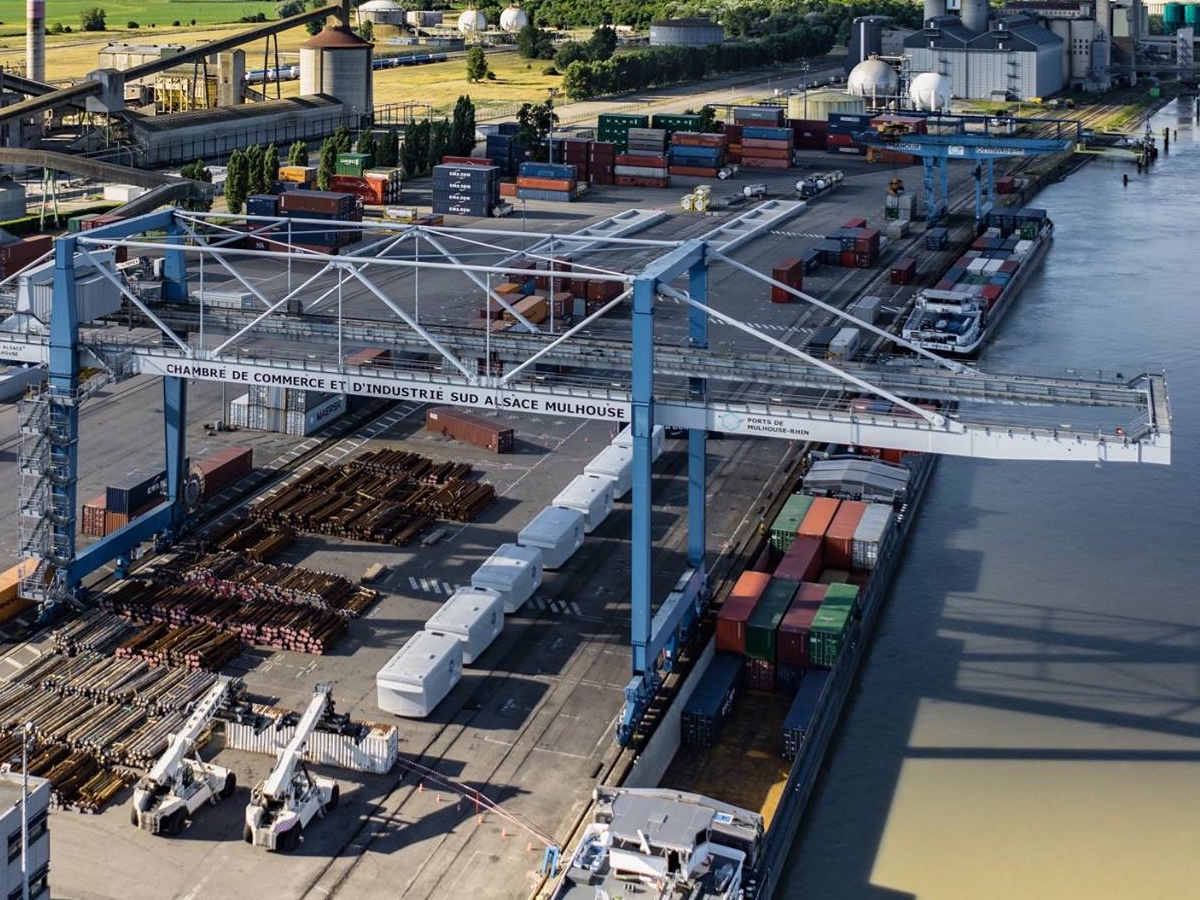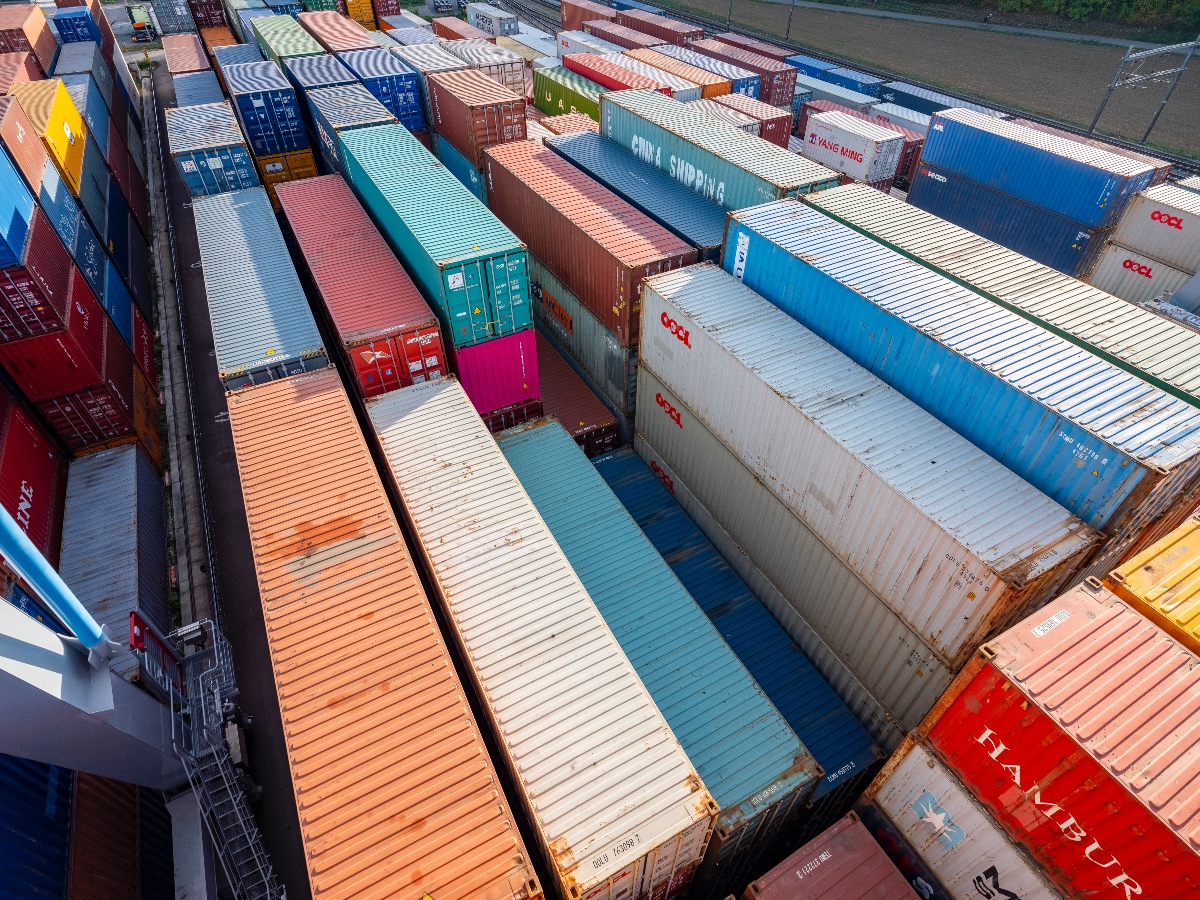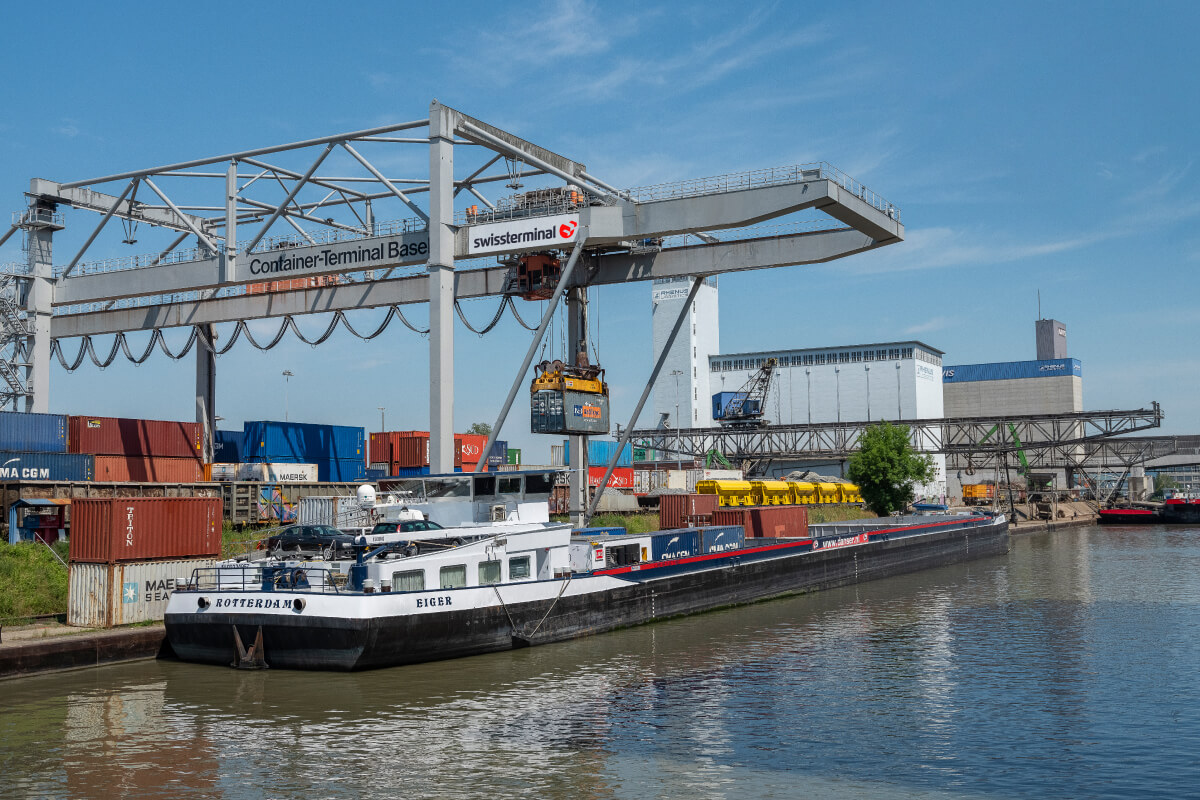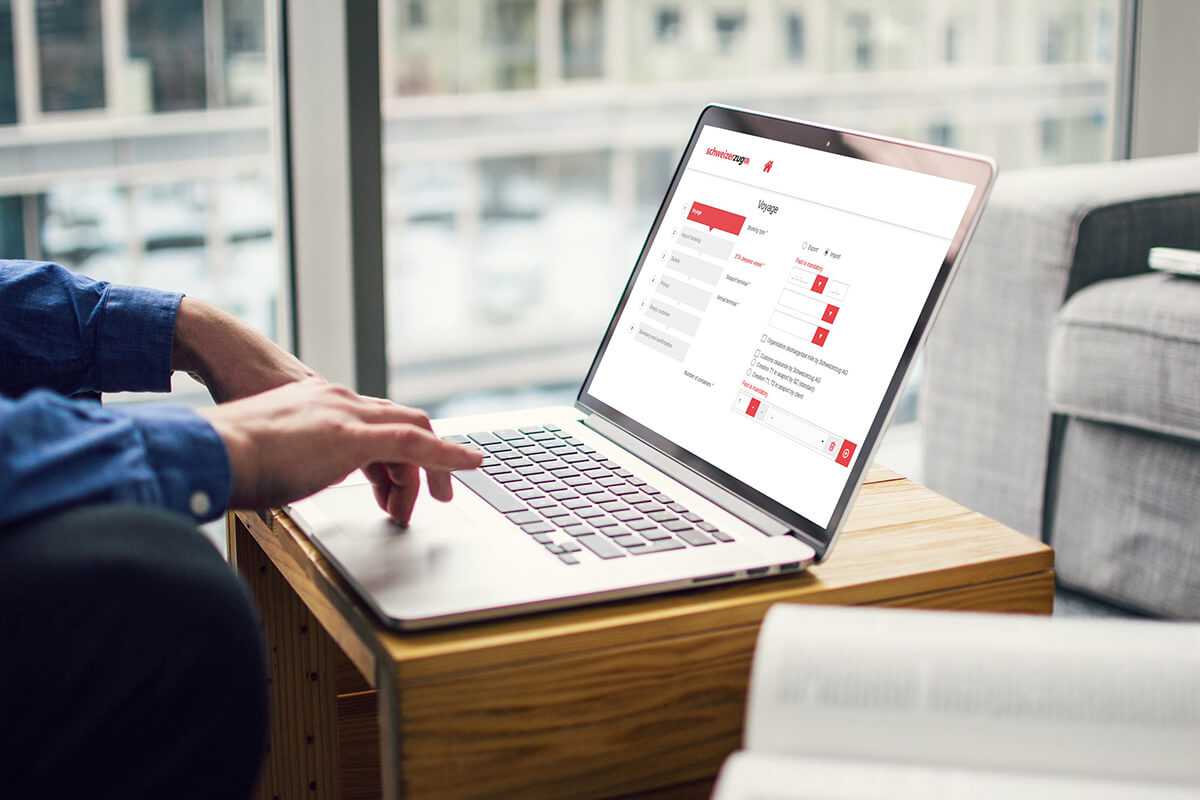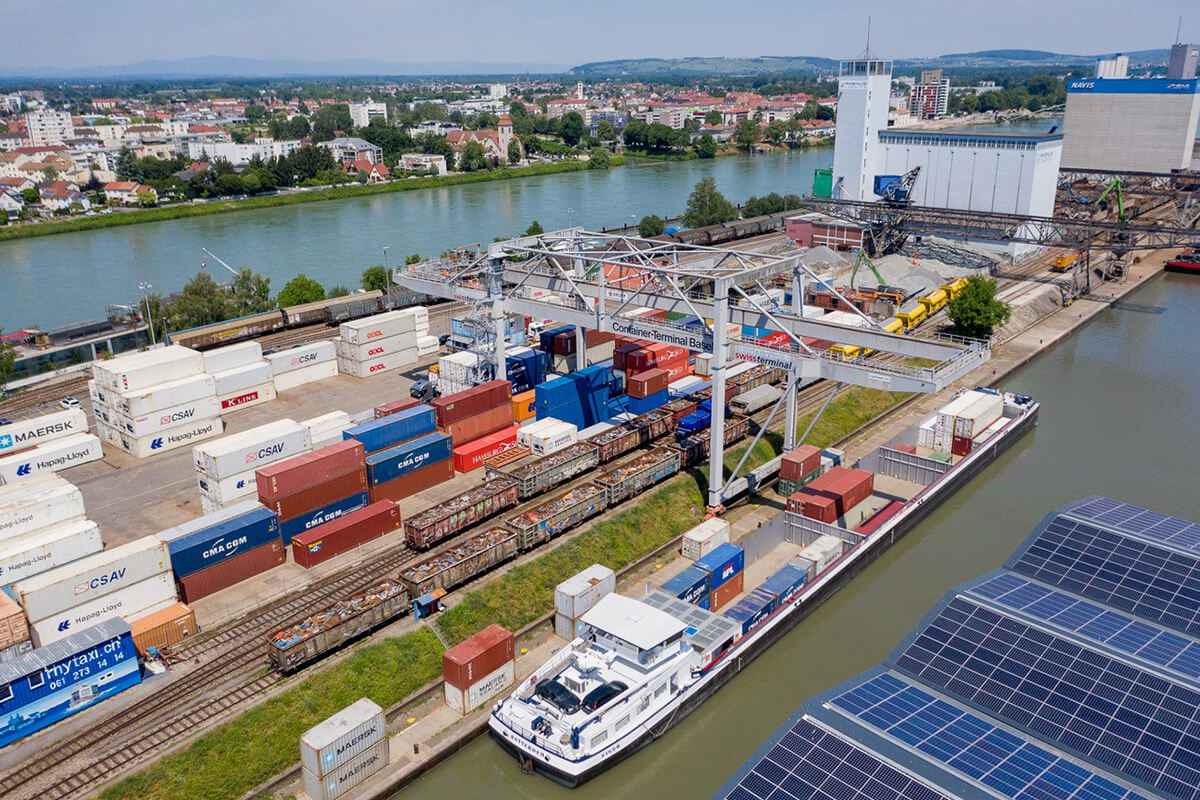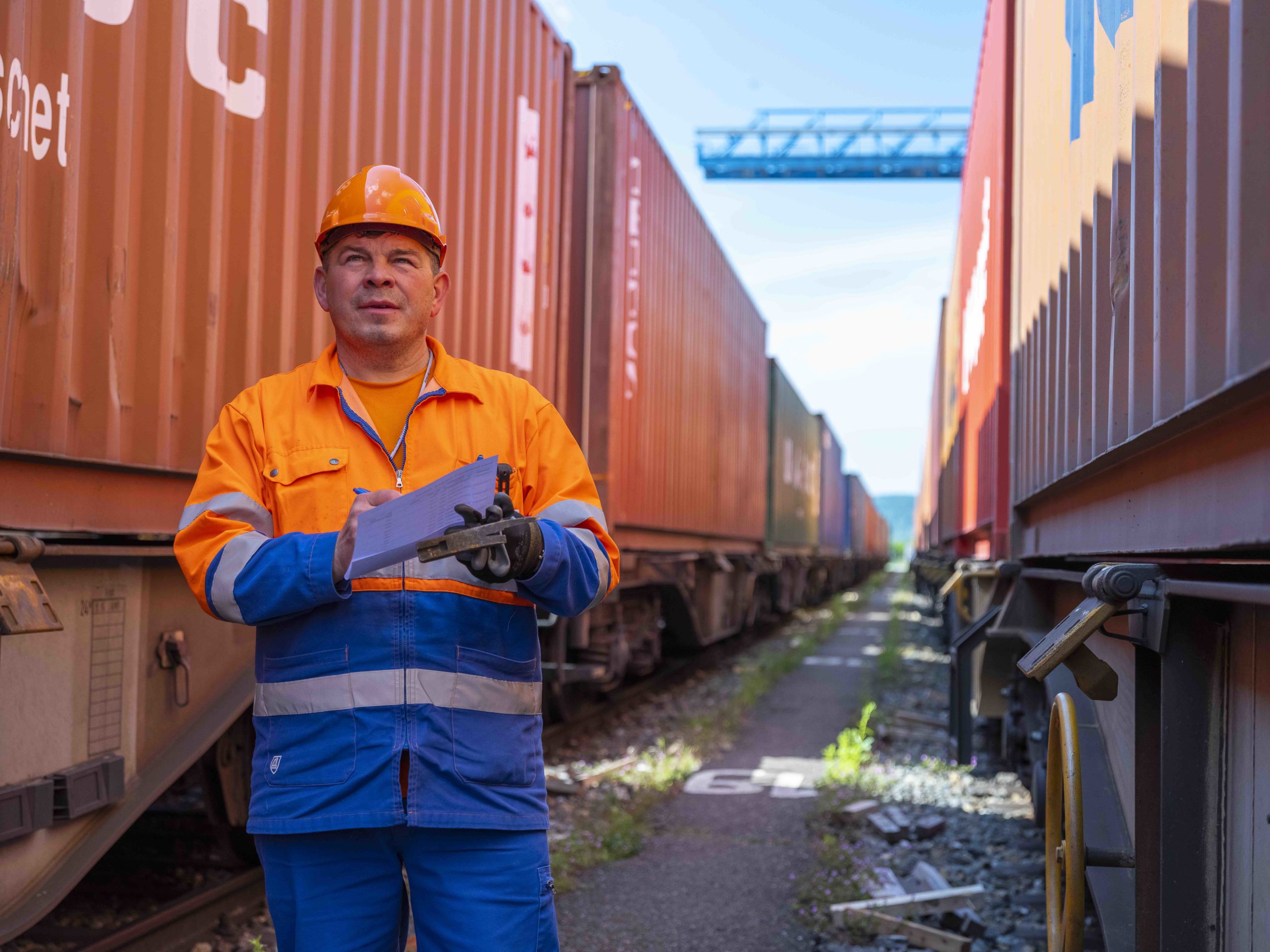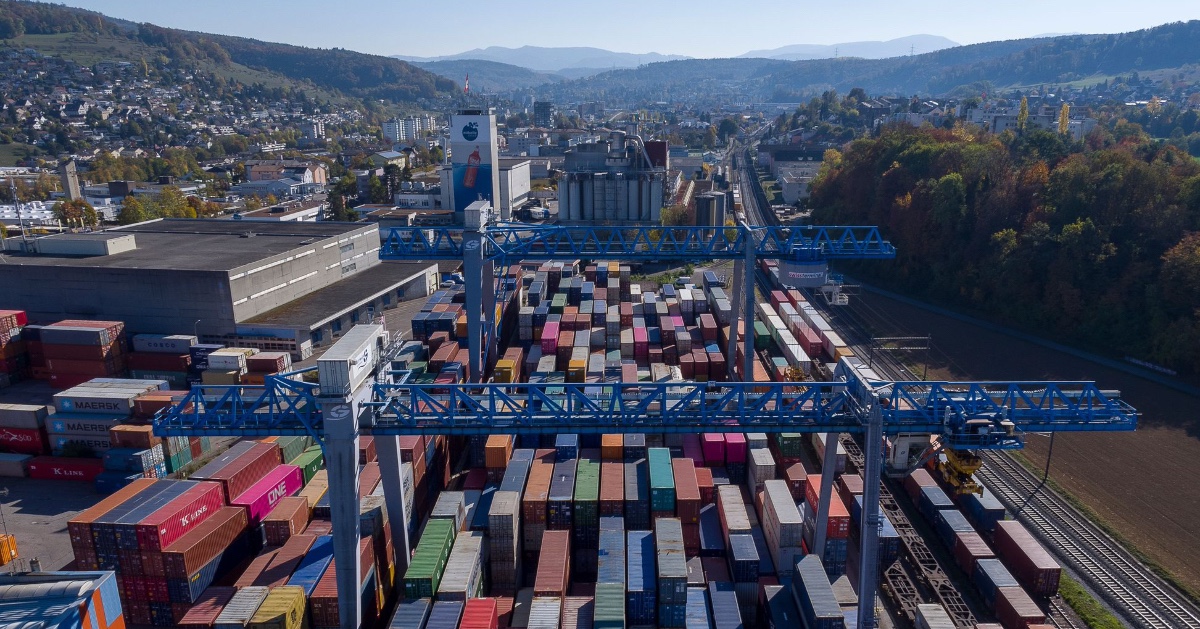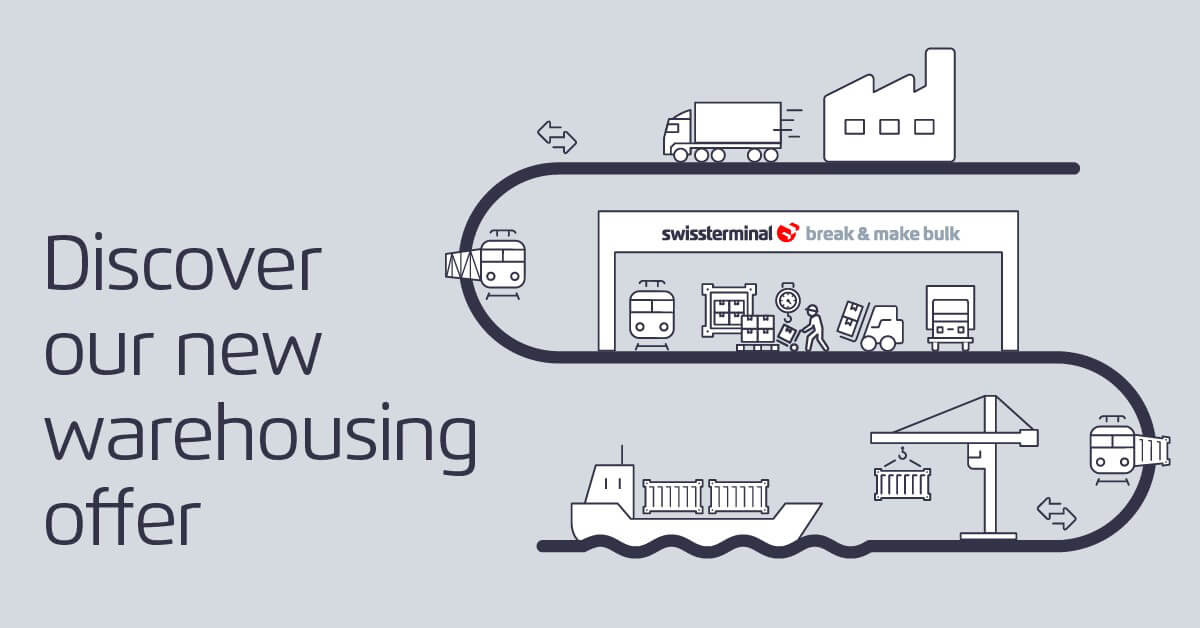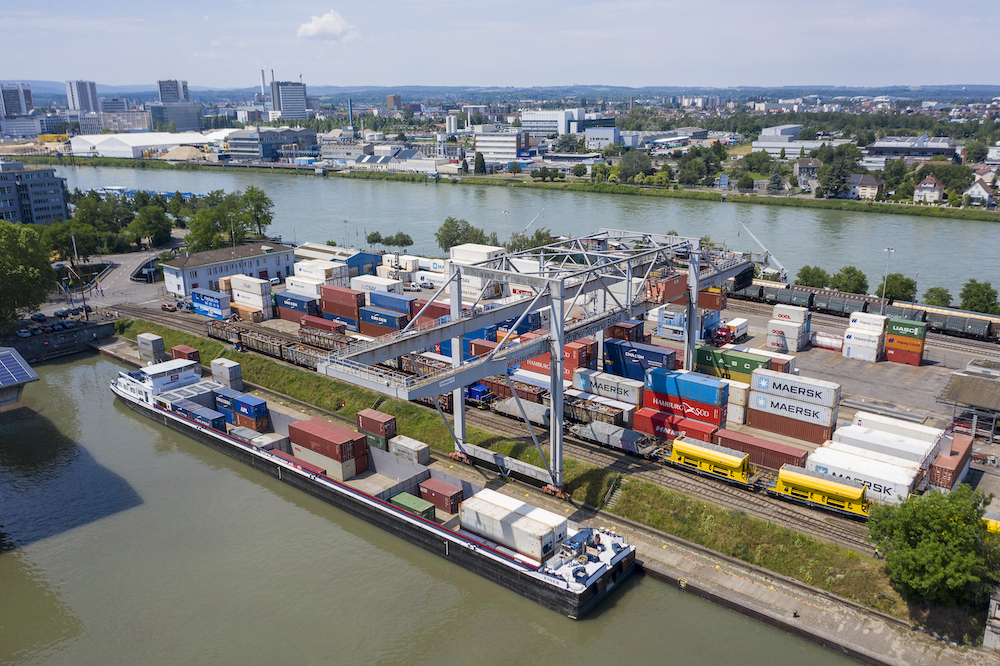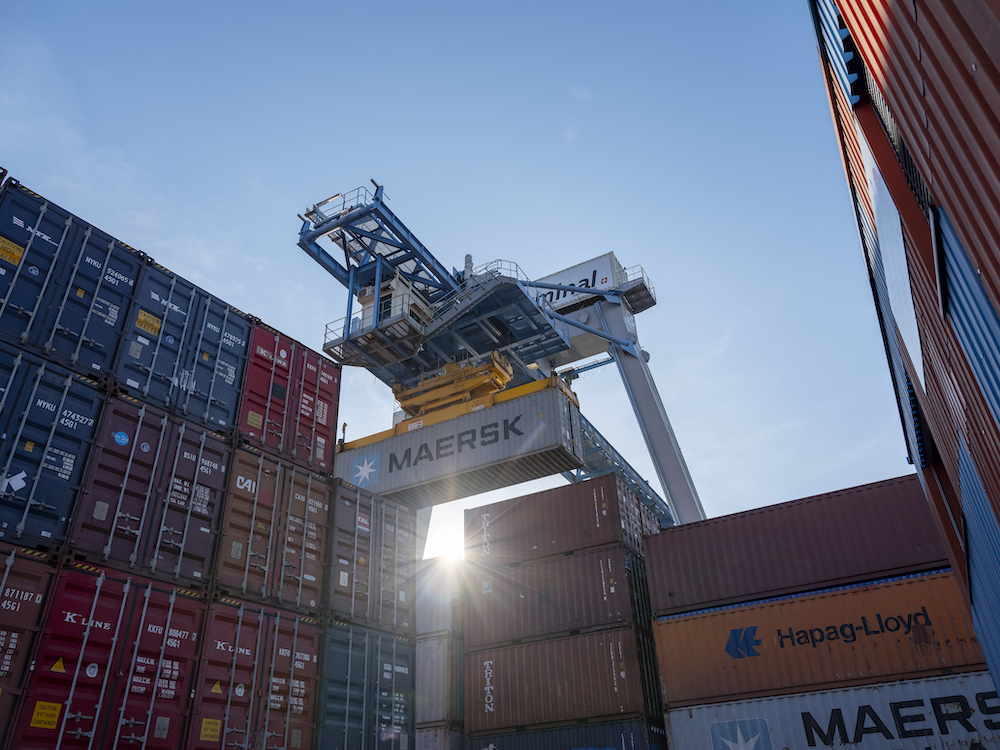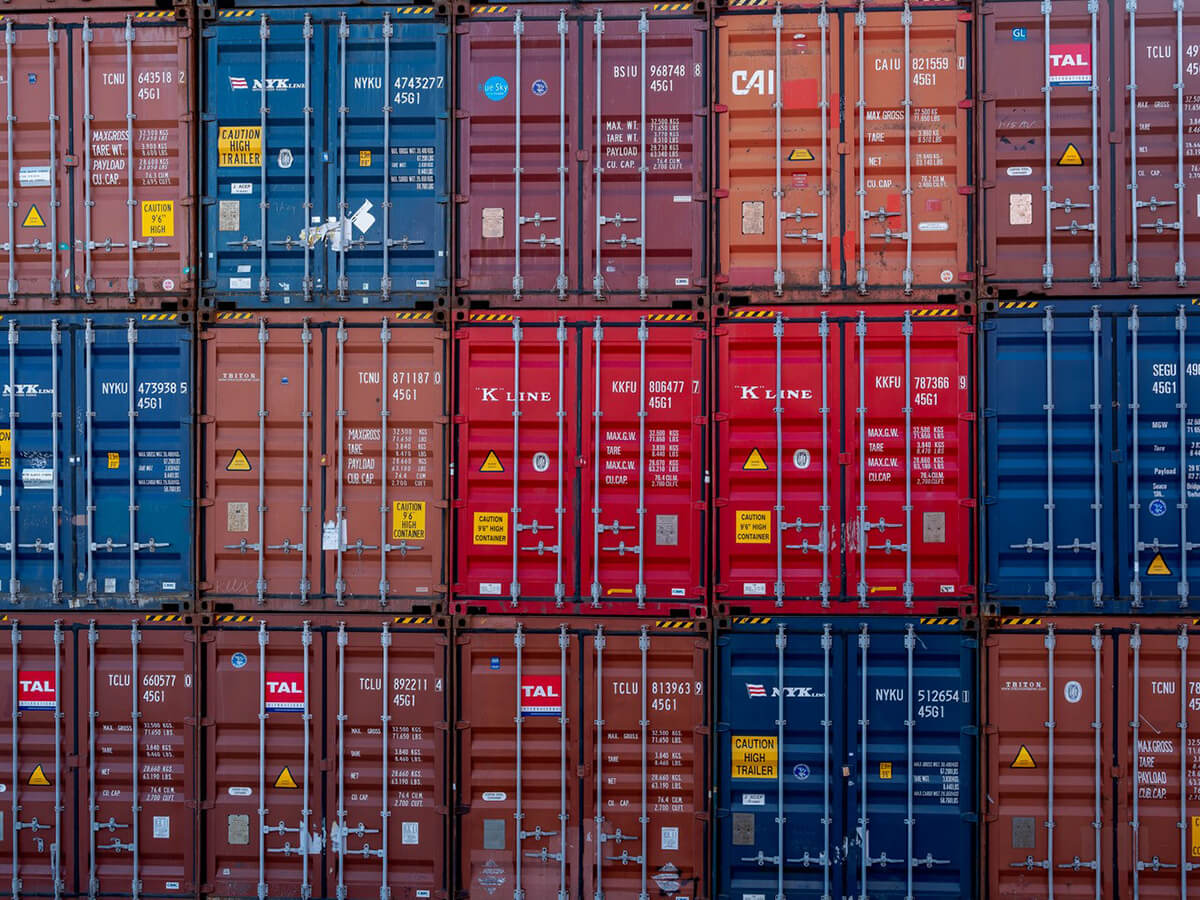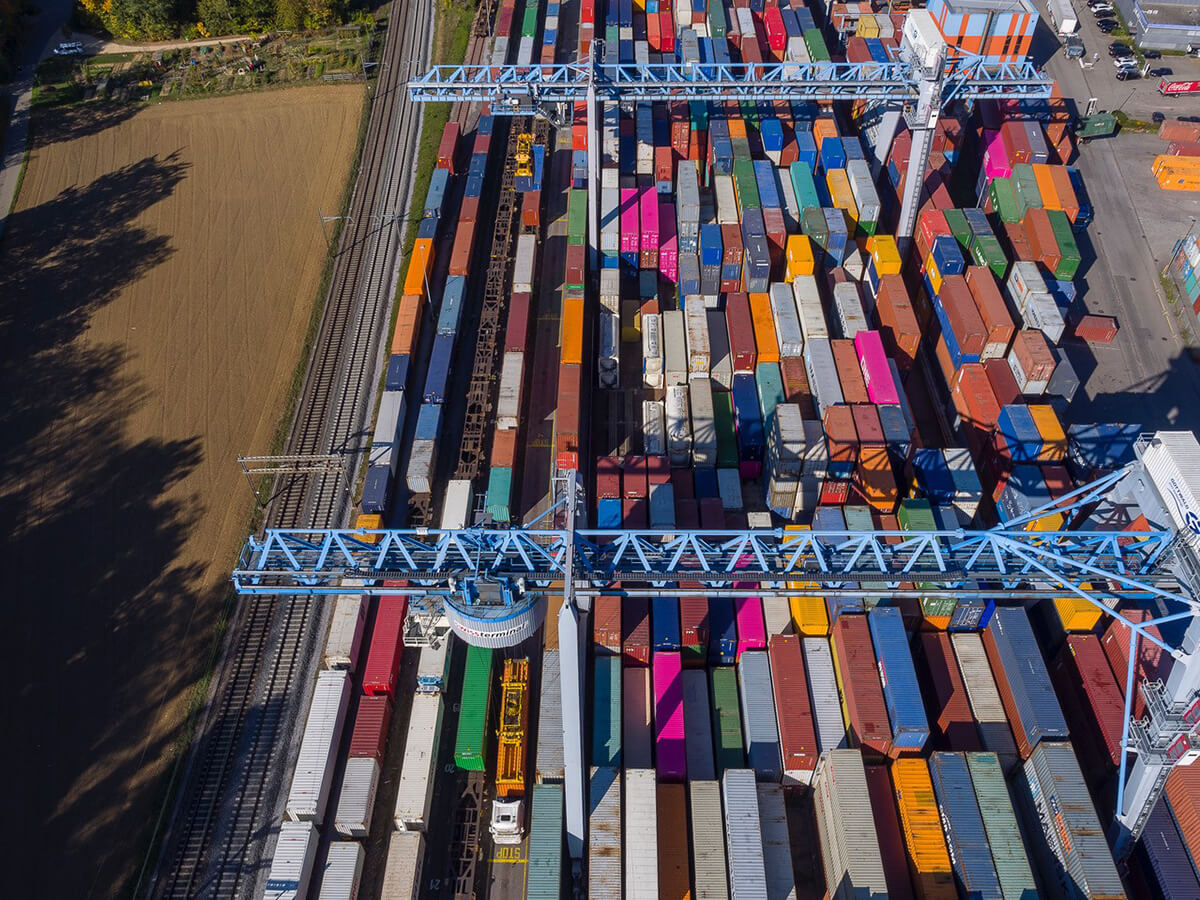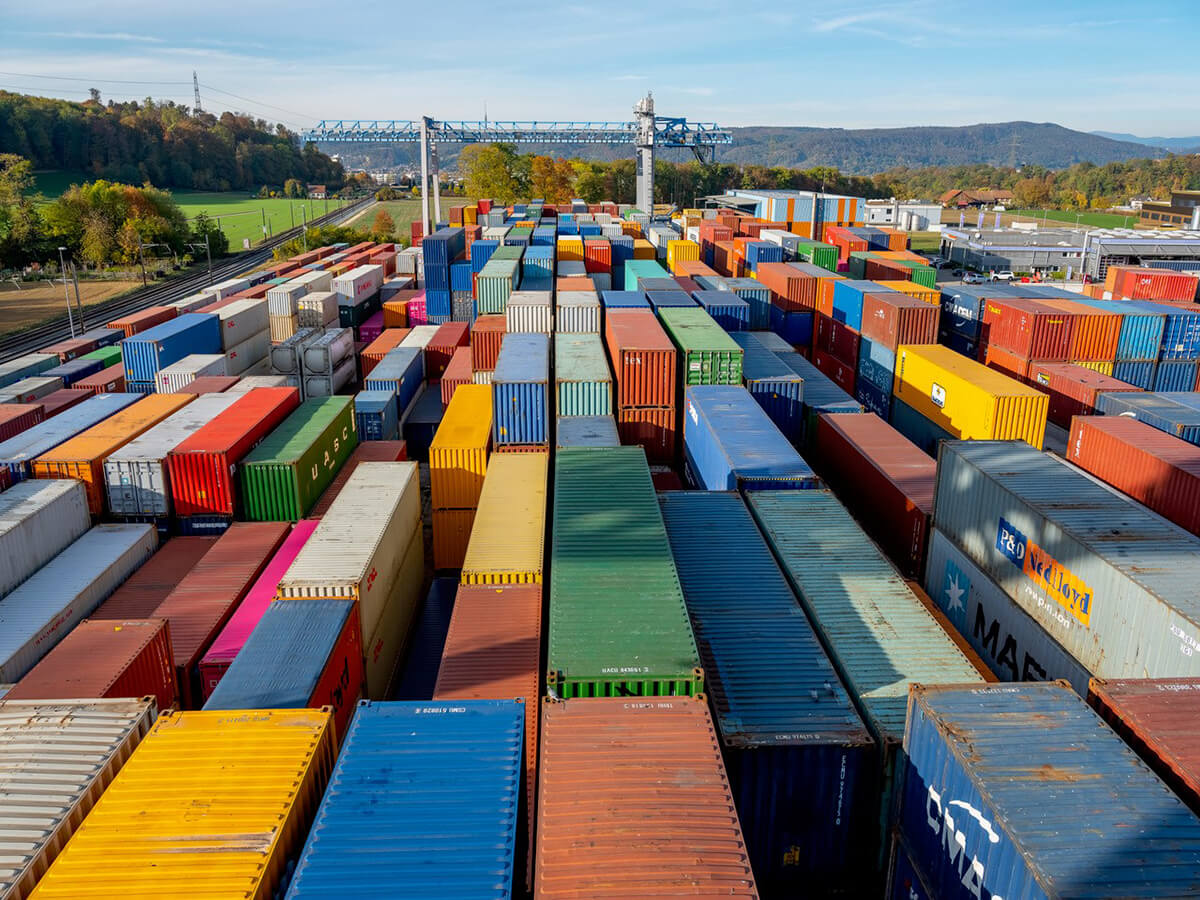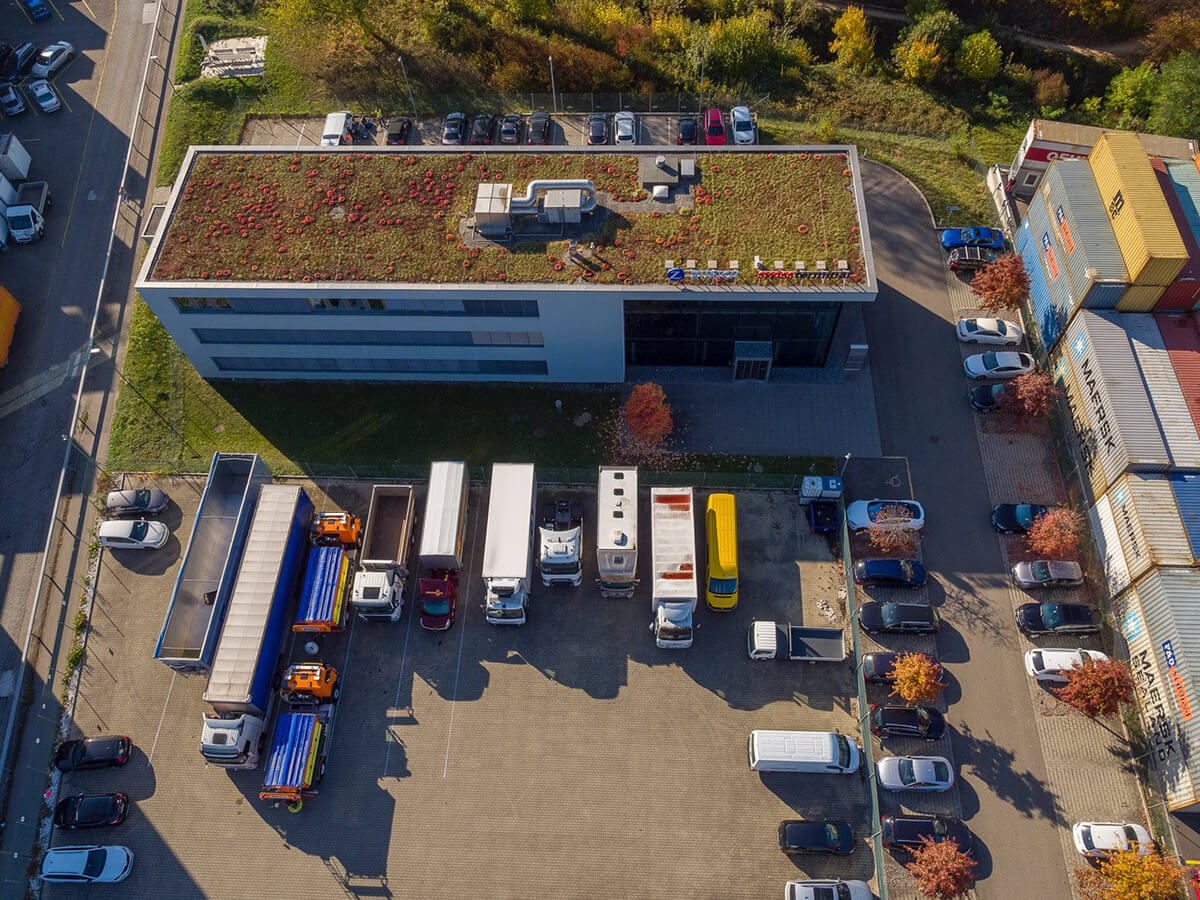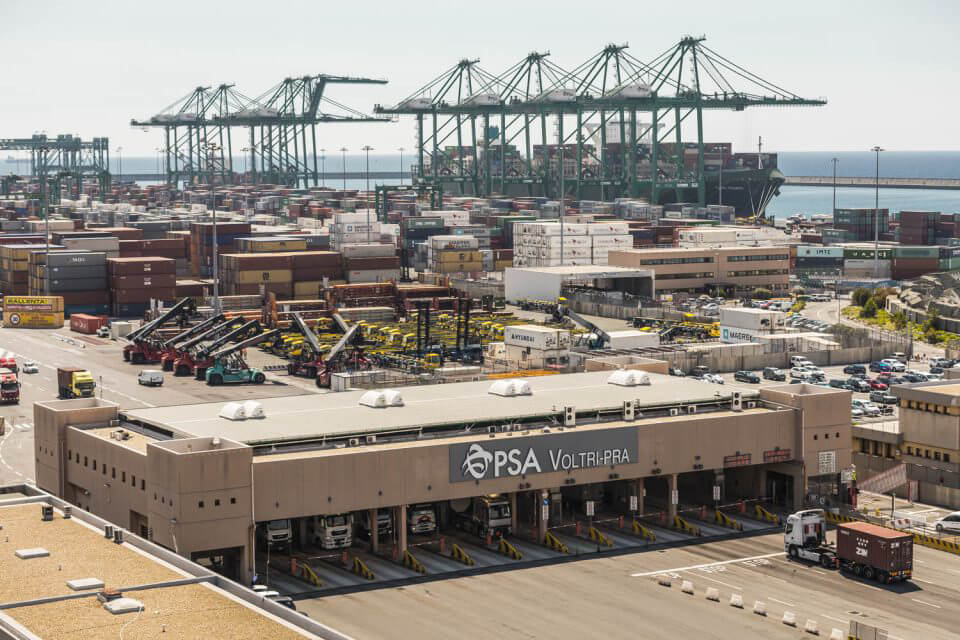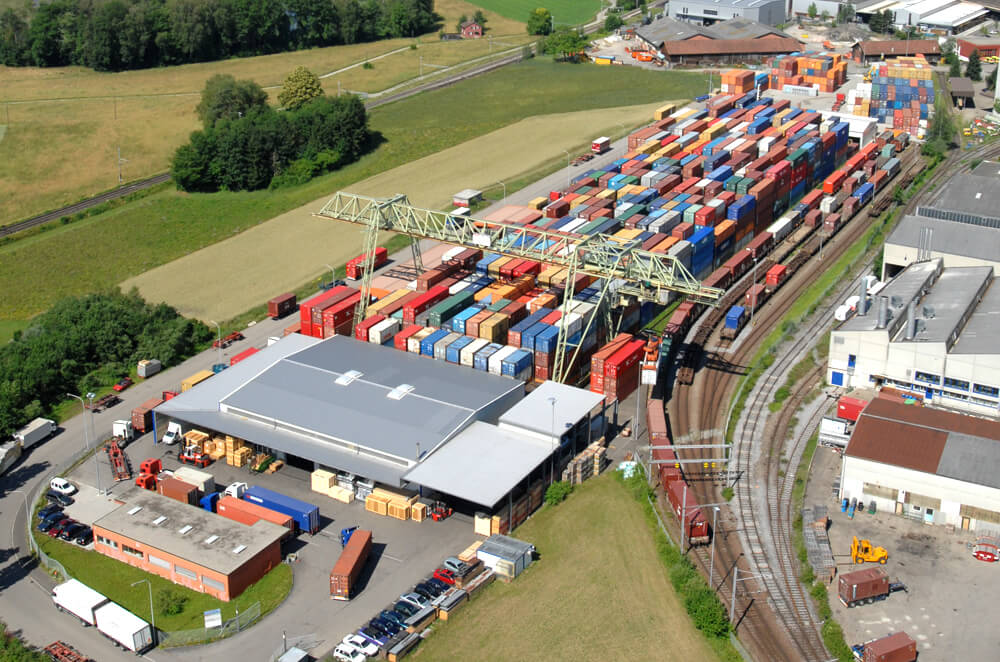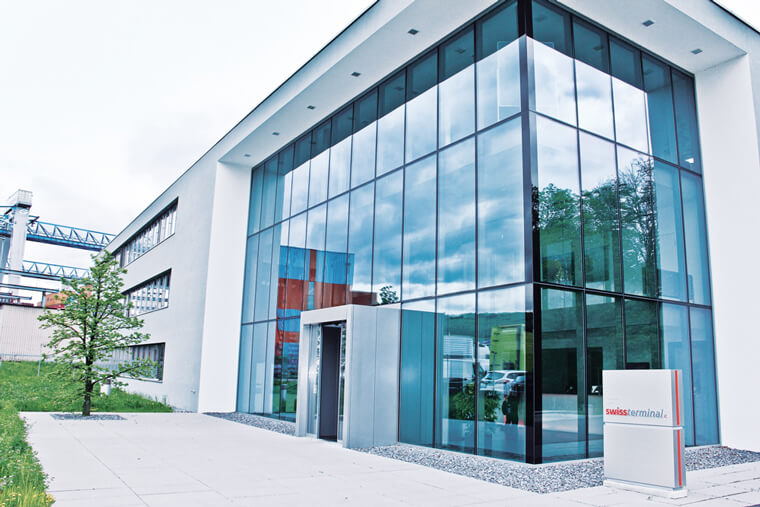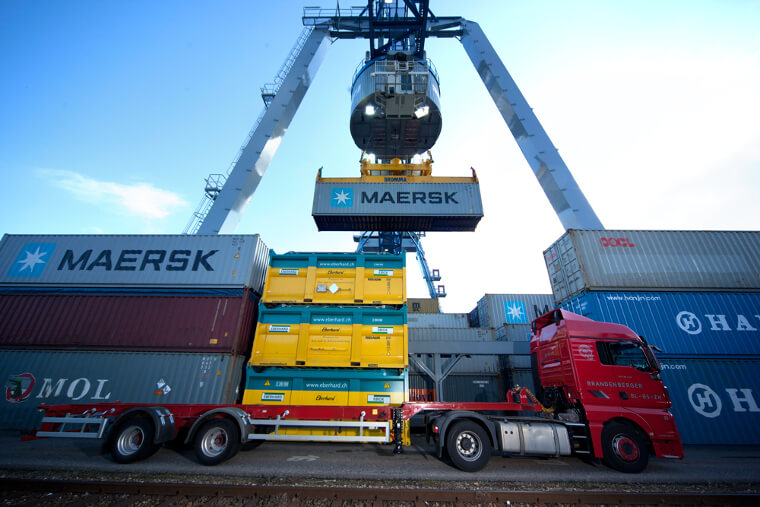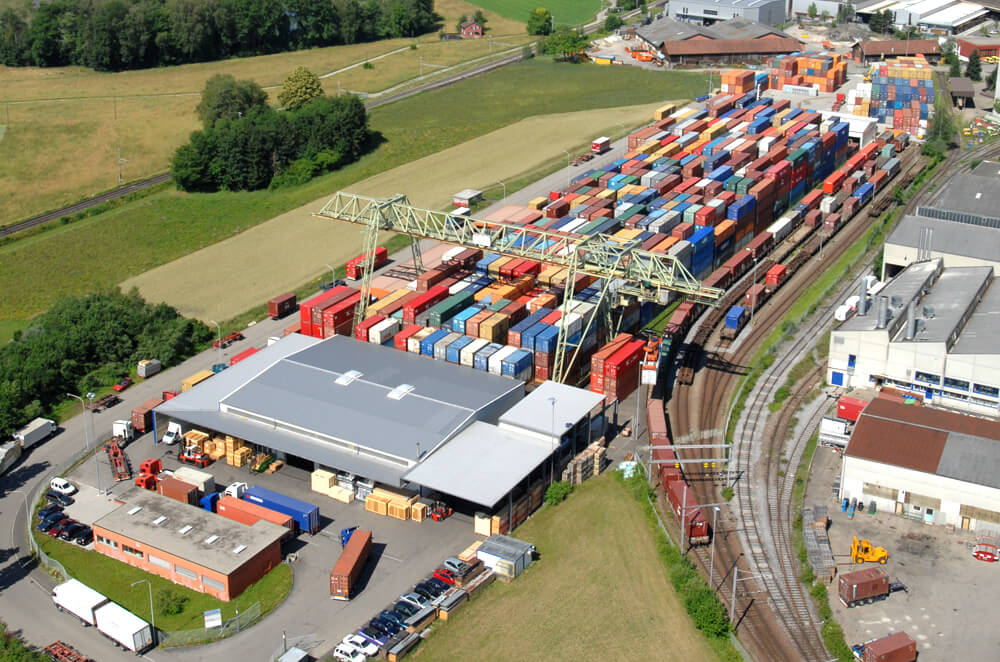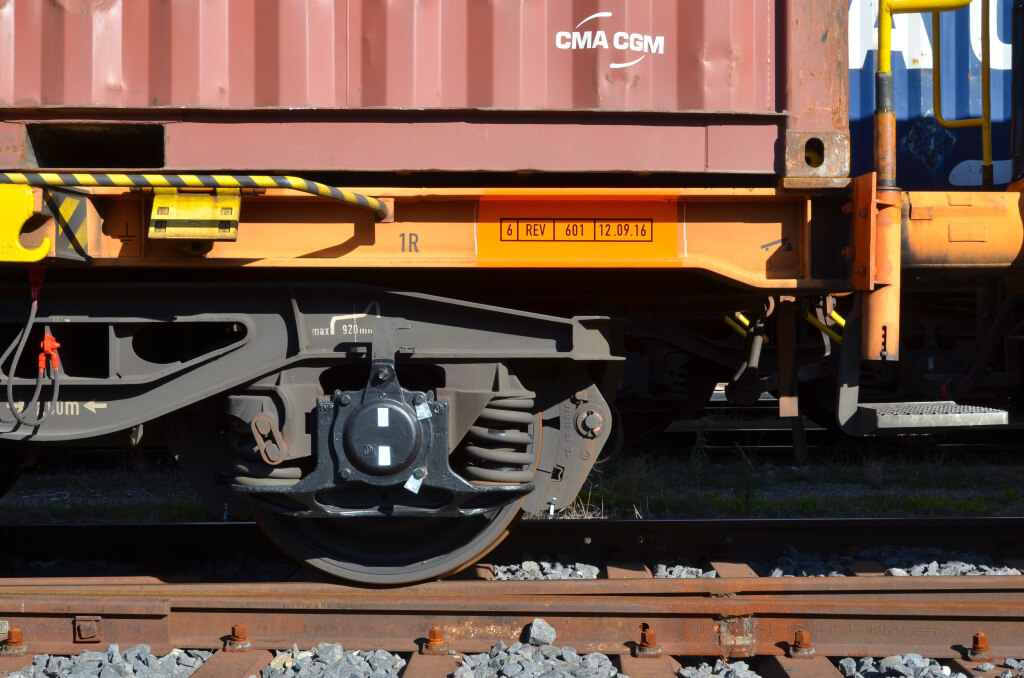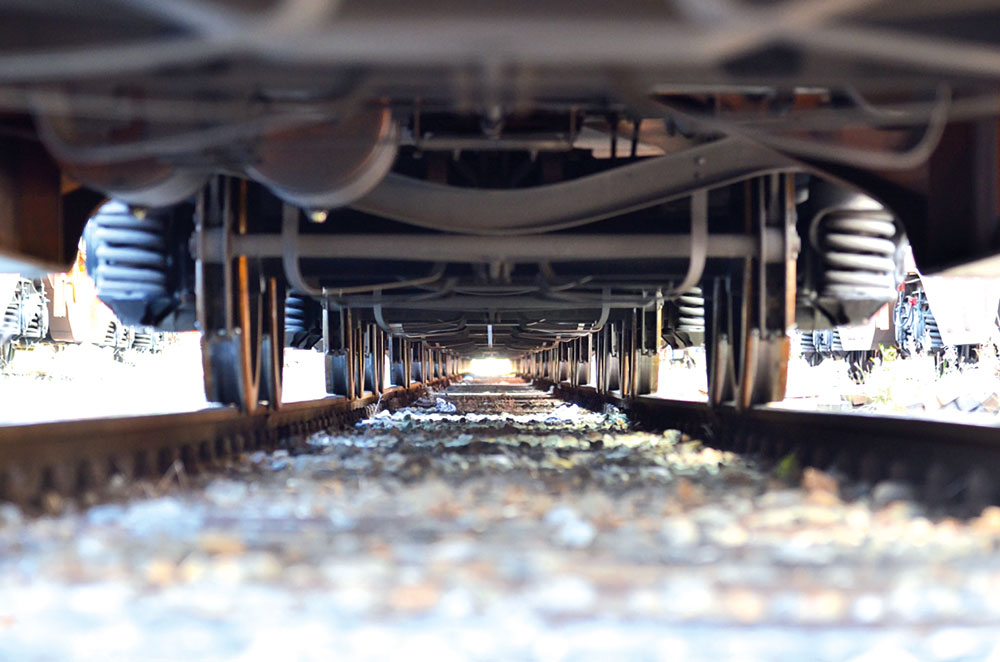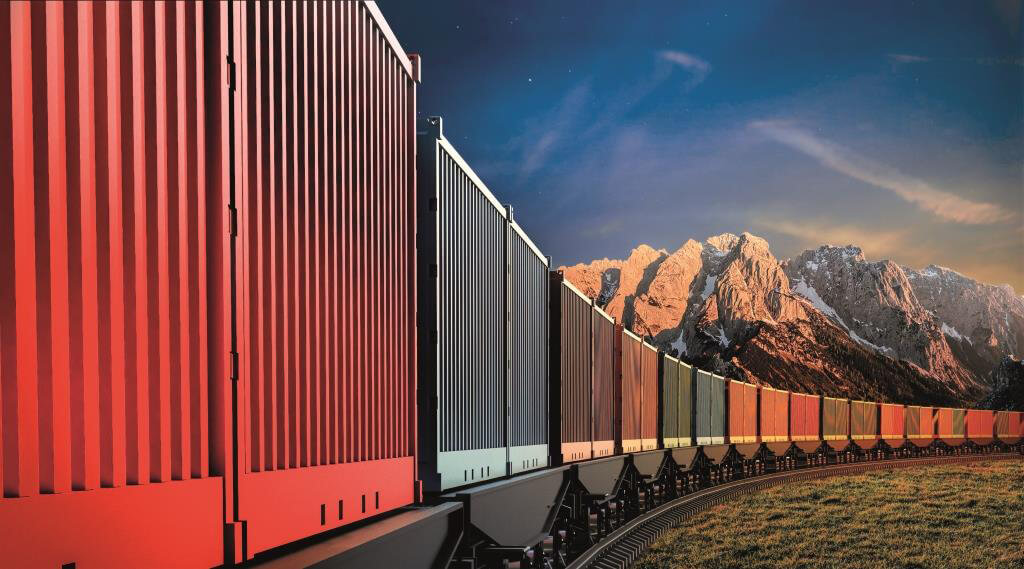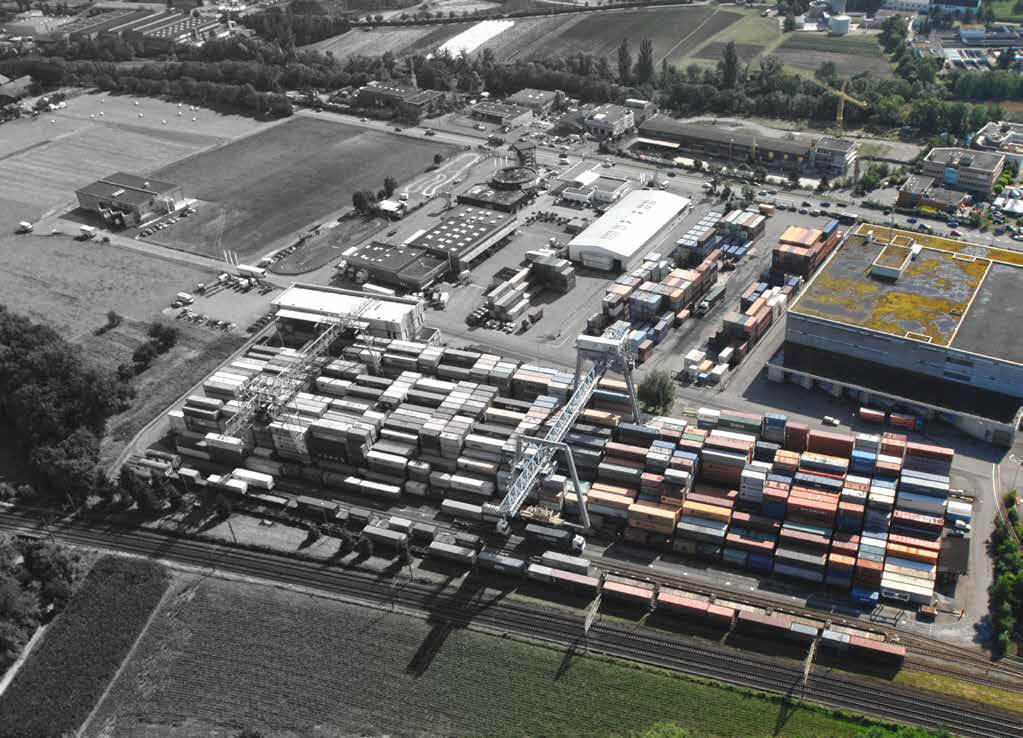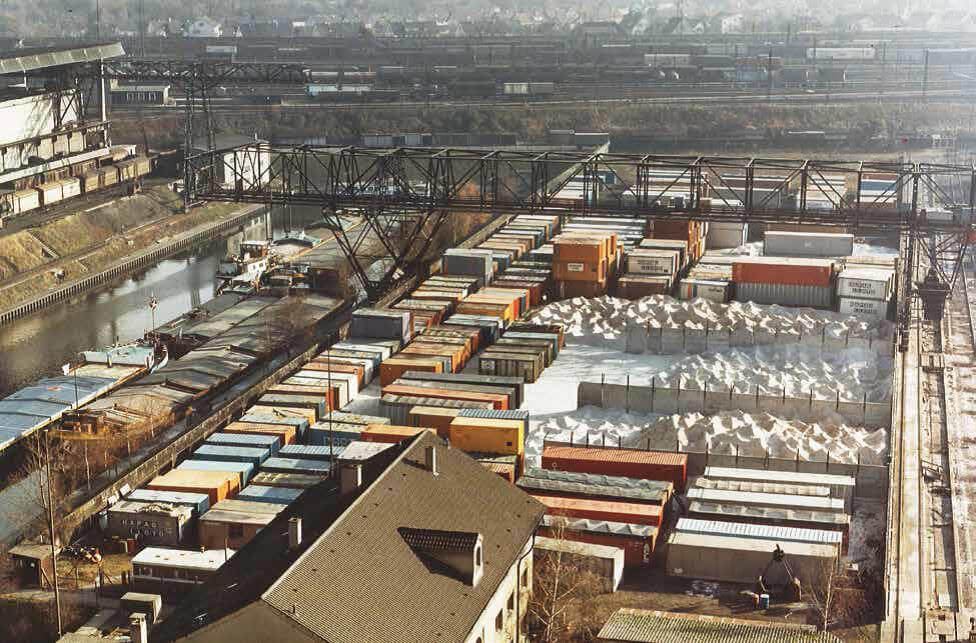Fit for the future
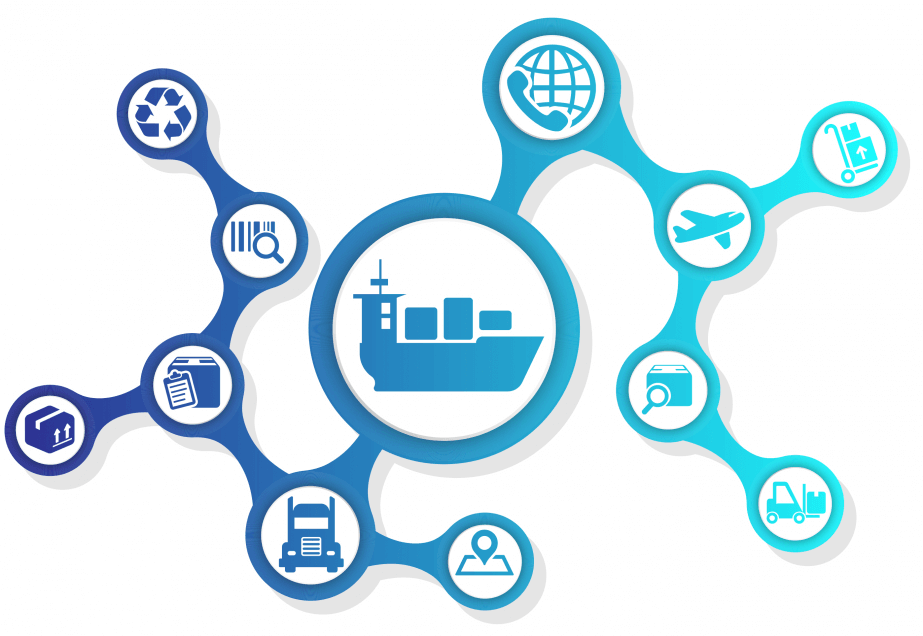
As far as the efficiency and functioning capacity of the international transport chain is concerned, a great deal of potential for increasing efficiency is offered by rapid, flexible and transparent services through digital processes, resulting in leaner procedures and lower costs. Although many companies have recognised the chances offered by the technological revolution especially in value-added chains, only a few transport companies take advantage of the potential of logistics 4.0.
Swissterminal AG has set itself the aim of offering its customers the best solutions for handling freight and is constantly pushing ahead with innovations and further development of its range of services. When the company became the first inland terminal in Europe to introduce electronic slot booking for deliveries to its terminals in 2016, this move was still viewed with incomprehension in some quarters. Today the practice is well established, and the major terminals in the port of Hamburg for example have also been using this system since last year.
But container delivery by road is not the only sector that can be better managed with slot booking. Swissterminal also plans to introduce an electronic ship registration system for container traffic at its container terminals in Basel and Birsfelden. With the RheinPorts Information System (RPIS), the company is now in a position to offer more efficient handling processes through digitalisation on the Rhine route as well. Customers benefit from a uniform booking system for inland shipping, exchange of data on the locations of containers in real time and electronic customs clearance.
“Digitalisation will bring huge changes to the logistics industry,” Roman Mayer, CEO Swissterminal AG, is convinced. „We have already started using several digital business models, and more will follow.” An example is the „Fit4Future” project, which will enable Swissterminal to bring its entire infrastructure for information and communication technology up to the very latest technical standards. With digitalised and efficient processes in strict accordance with the highest safety standards, the company will then be able to offer its customers yet another improvement in its services.
The new infrastructure will score points by maximising performance and offers even more scope for barrier-free cooperation, both internally and externally. With the introduction of direct networking between customers and logistics companies, handling and transport capacities can then be optimised, leading in turn to a reduction of freight costs.
„Terminal operators and carriers will continue to be a crucial part of the value-added chain also in the future,” says Roman Mayer in explaining the background of the project. „To optimise load factors and costs and offer customers the best possible service, it is extremely important that we use the latest technology. By doing this, we can help to provide our customers with a higher competitive edge and greater efficiency, so we all benefit.”
The „Fit4Future” project is scheduled for completion in the course of 2019.

